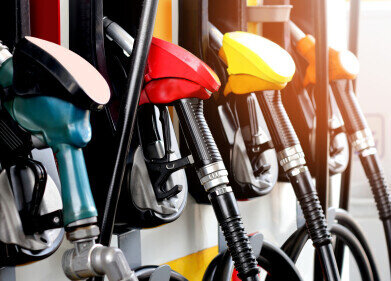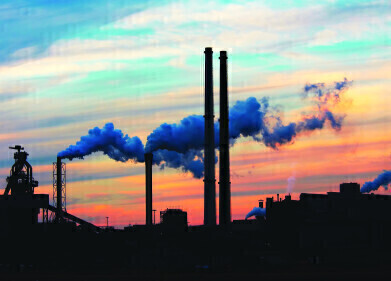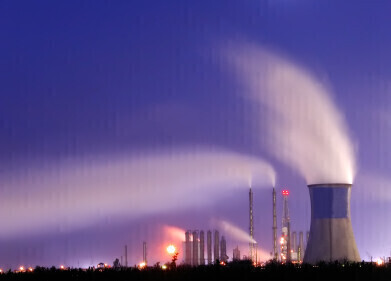Synthetic fuels
Can All Cars Use Synthetic Fuel?
Nov 21 2022
The latest stats reveal there are more than 1.4 billion cars currently in the world, most powered by combustion engines. While EV uptake is on the rise, synthetic fuels have stepped up as an efficient and eco-friendly alternative. Designed for use with internal combustion engines, these carbon-neutral fuels are direct “drop in” replacements for fossil-derived fuels. No engine modifications are needed, and fuels can be stored, transported and sold using existing infrastructure. This means combustion engine vehicles can continue to run, with a significantly reduced environmental footprint.
A “silver bullet” for combustion engines
There’s plenty of excitement surrounding synthetic fuels, with some analysts hailing them as the “silver bullet” needed to save internal combustion engine cars. Luxury auto manufacturer Porsche is leading the charge, with the company recently announcing plans to invest US$100 million in synthetic fuel technology. The investment will secure Porsche a 12.5% stake in Chilean-owned company Highly Innovative Fuels (HIF) Global. Capital will be used to drive research and development of synthetic fuels designed to power internal combustion engines, with a “near-zero carbon footprint”.
The investment is part of a pledge to ensure Porsche can continue to manufacture internal combustion engines, while meeting its carbon-neutral targets. Porsche executives assure motorists that while the synthetic fuels will act as drop-in replacements for petrol, there will be “no big premium” when it comes to pricing. The company has high hopes for synthetic fuels, with Porsche VP Dr Frank-Steffen Walliser predicting the technology could slash CO2 emissions by up to 85%.
Exceptional performance, without the carbon footprint
“Not everywhere in the world is there a grid sufficient to support all cars with electricity,” explains Michael Steiner, a member for research and development at Porsche. “If you’re looking at remote areas, or you’re looking at cars in terms of weight - like sports cars - there are advantages or needs for an ICE [internal combustion engine], liquid fuel burning cars,” adds Steiner.
For high-performance vehicles like the Porsche 911 featuring a flat-six engine, Steiner explains internal combustion engines are essential. “From our point of view there will be a need for a liquid fuel. And in addition there are industries - like aviation - that could not run on electricity. It would be by far too heavy.”
The technology behind synthetic fuels
How are synthetic fuels made? The technology relies on a process called electrolysis, which splits water into oxygen and hydrogen. The hydrogen is then blended with CO2 to create synthetic methanol, which can be refined into standard petrol or diesel. Ideally, the electrolysis process should be powered by renewable electricity. Manufacturing synthetic fuels also uses CO2 captured from the atmosphere, which adds to the eco-friendly credentials.
Want to know more about synthetic fuels? We answer all your burning questions in ‘Synthetic Fuels - What, How & Why’.
Digital Edition
PIN 25.6 Buyers' Guide
January 2025
Buyers' Guide Directory - Product Listings by Category - Suppliers Listings (A-Z) Articles Analytical Instrumentation - ASTM D7042: The Quantum Leap in Viscosity Testing Technology -...
View all digital editions
Events
SPE Hydraulic Fracturing Technology Conference and Exhibition
Feb 04 2025 The Woodlands, TX, USA
Feb 05 2025 Guangzhou, China
Trinidad and Tobago Energy Conference 2025
Feb 10 2025 Point Lisas, Trinidad
Feb 11 2025 Lagos, Nigeria
Feb 13 2025 Manama, Bahrain



















